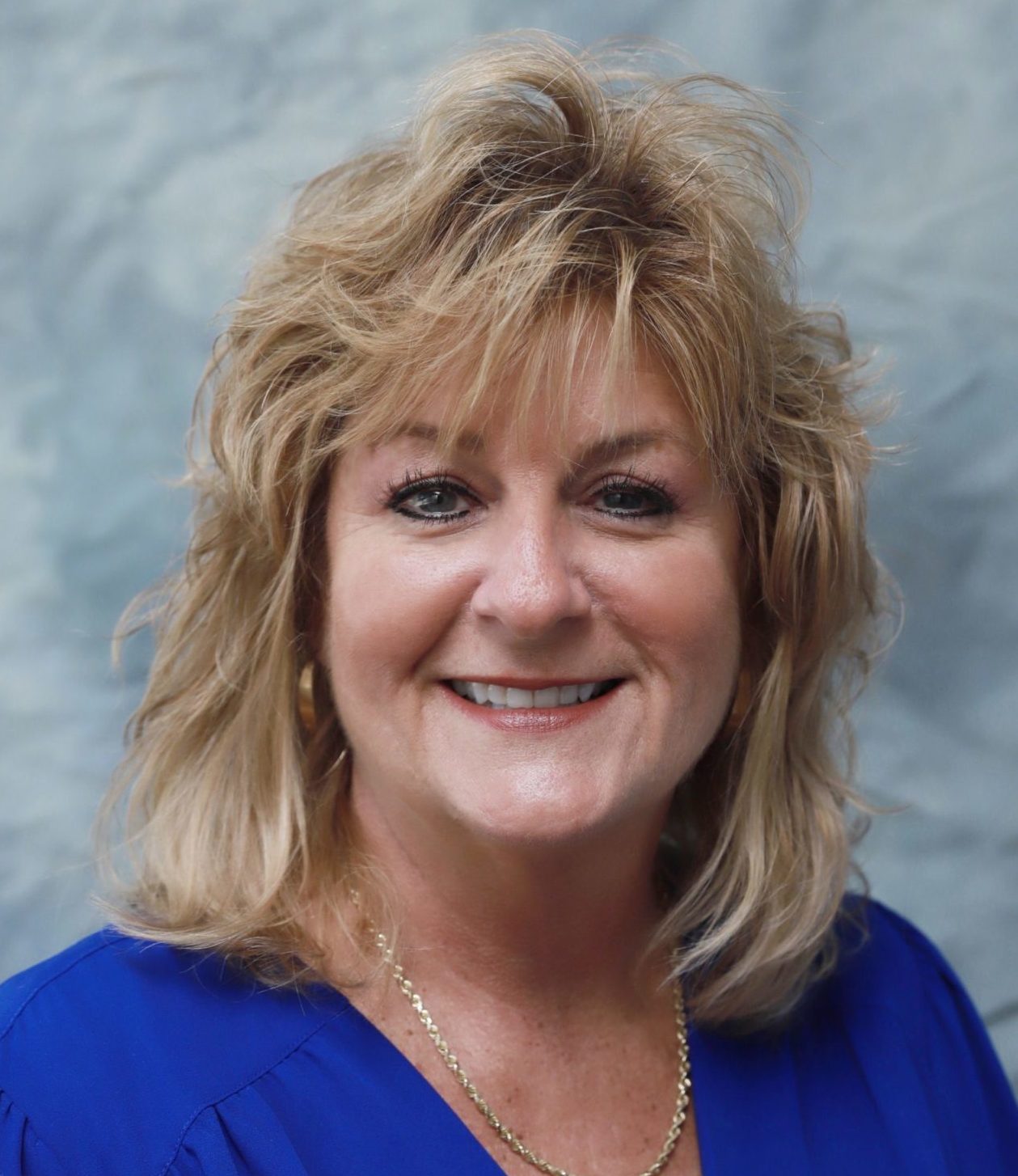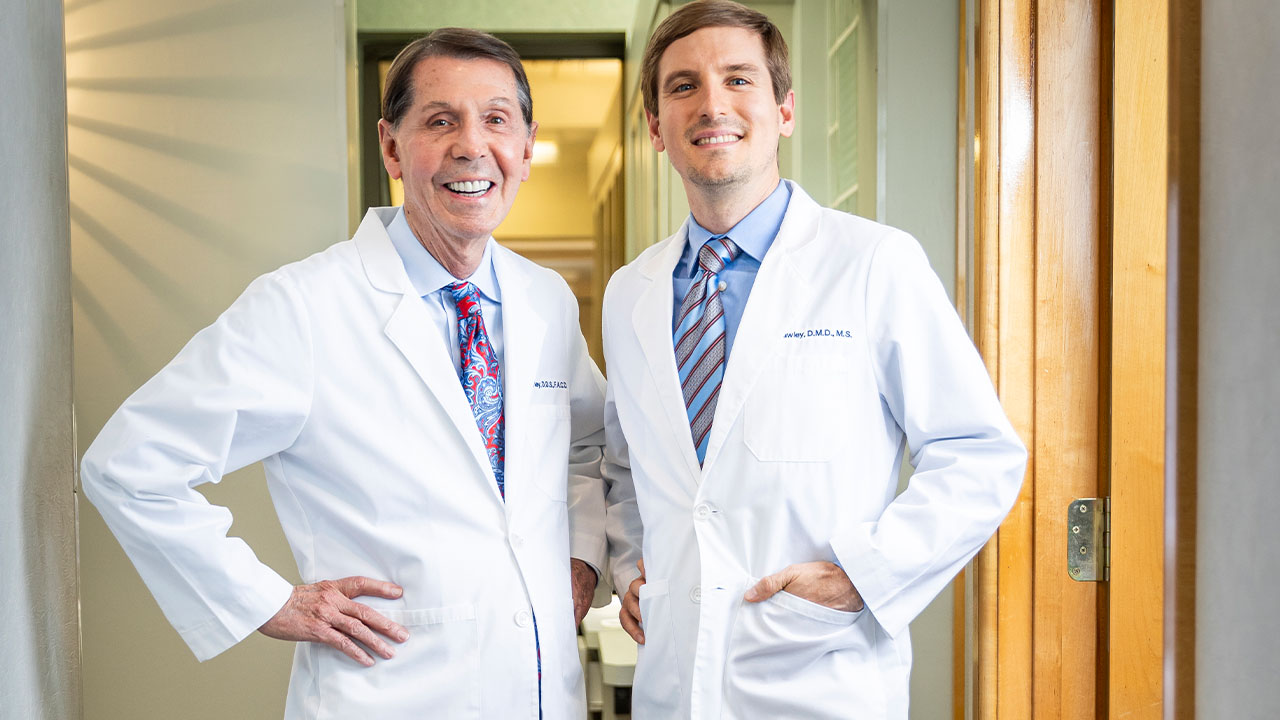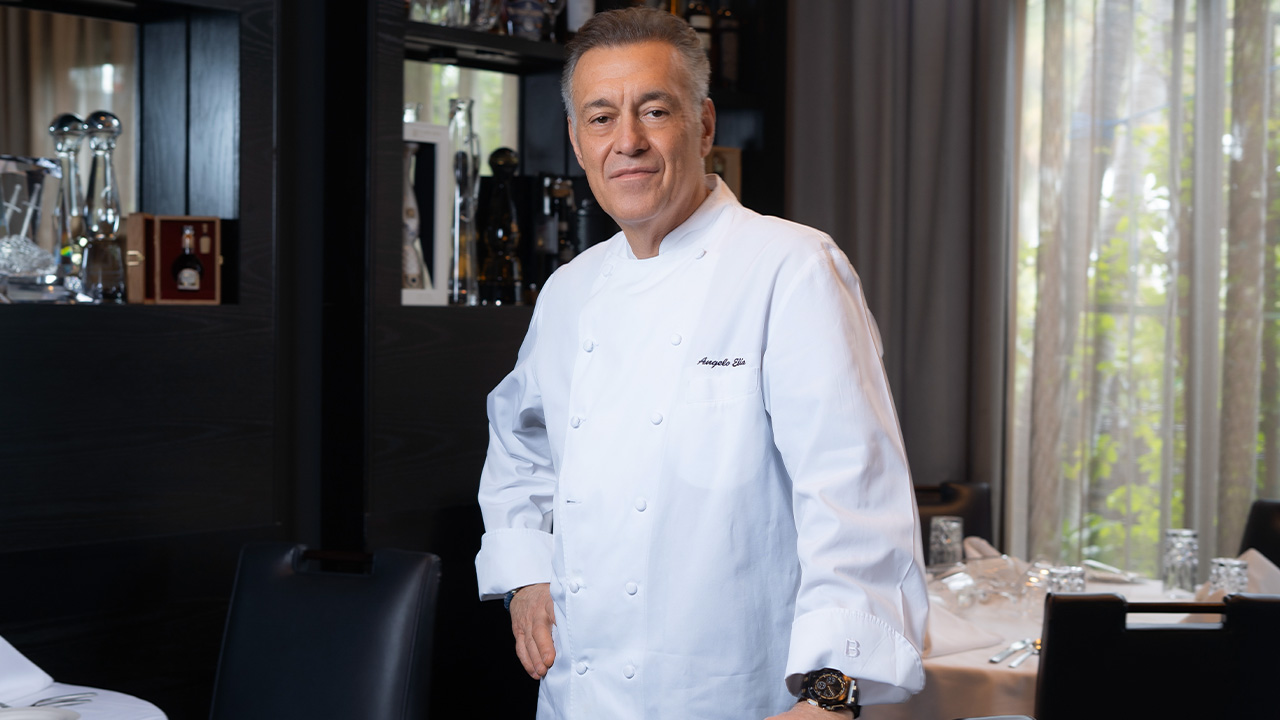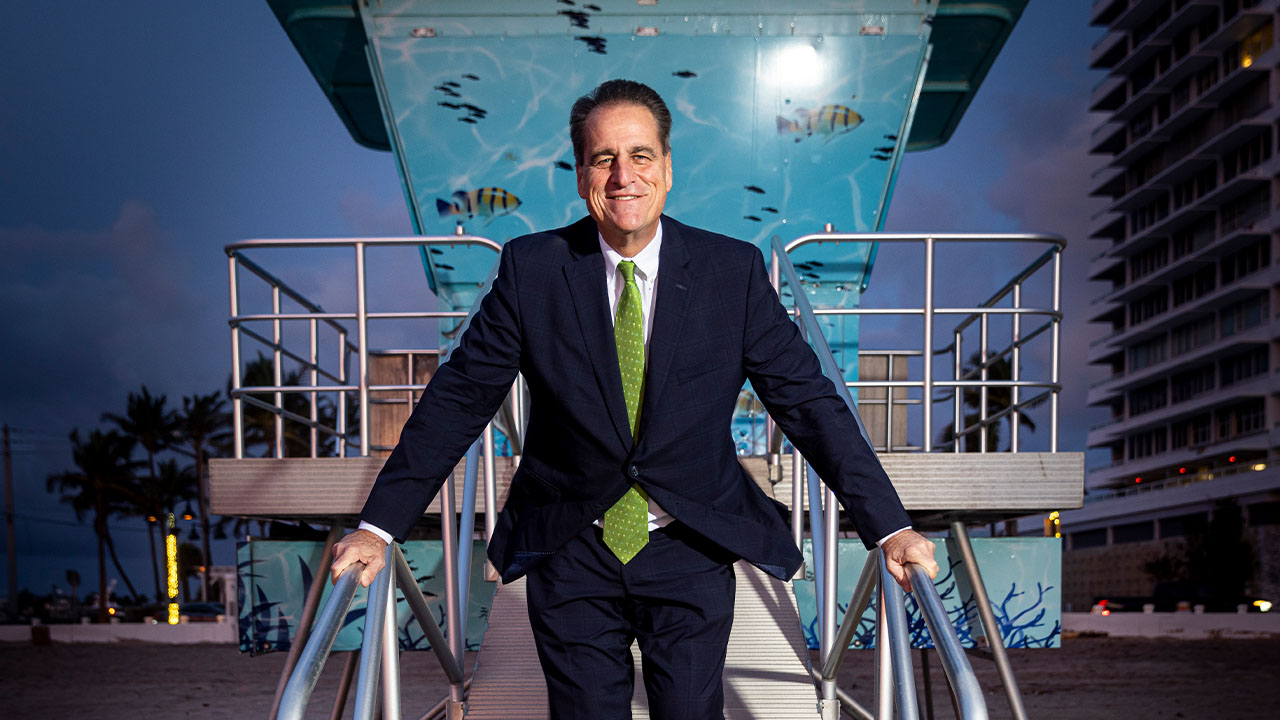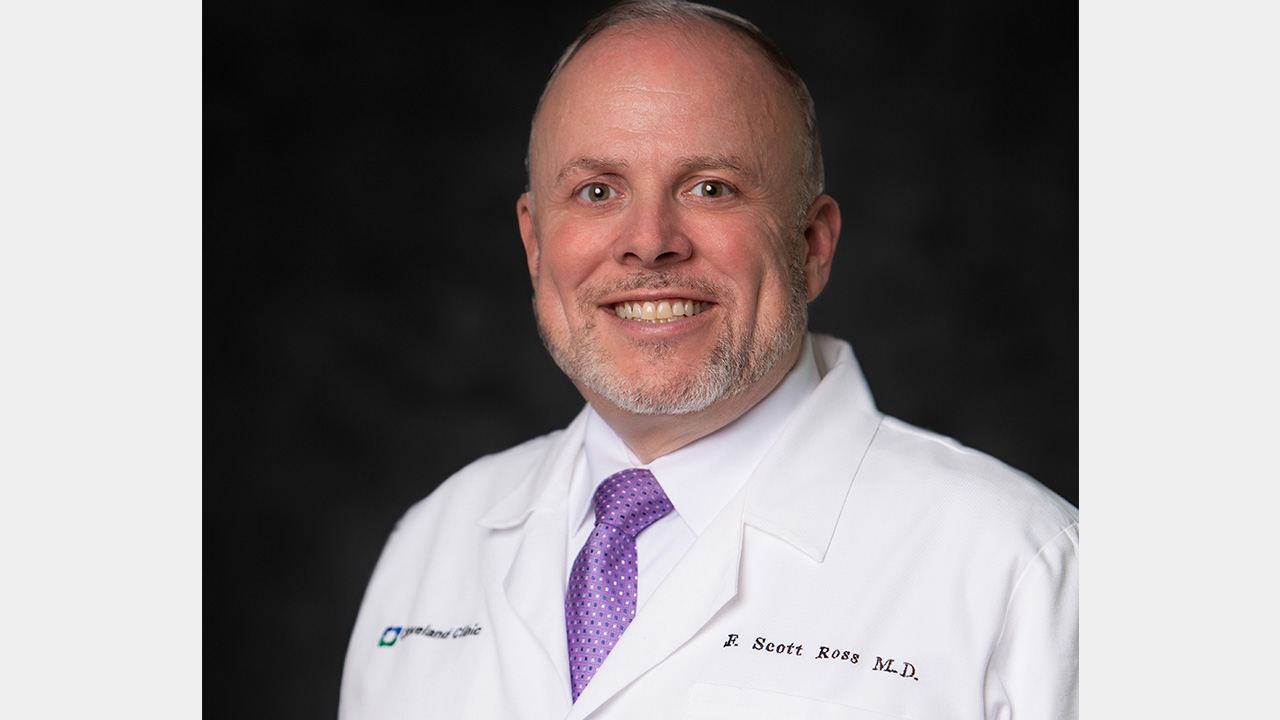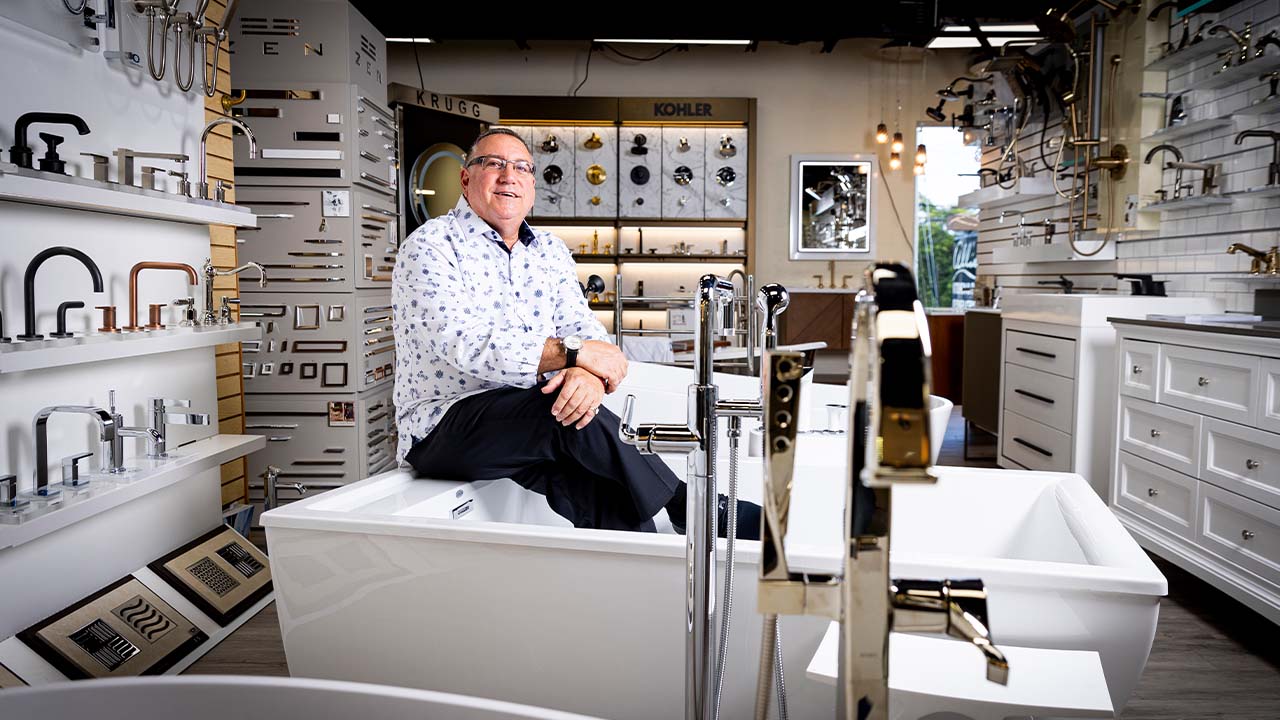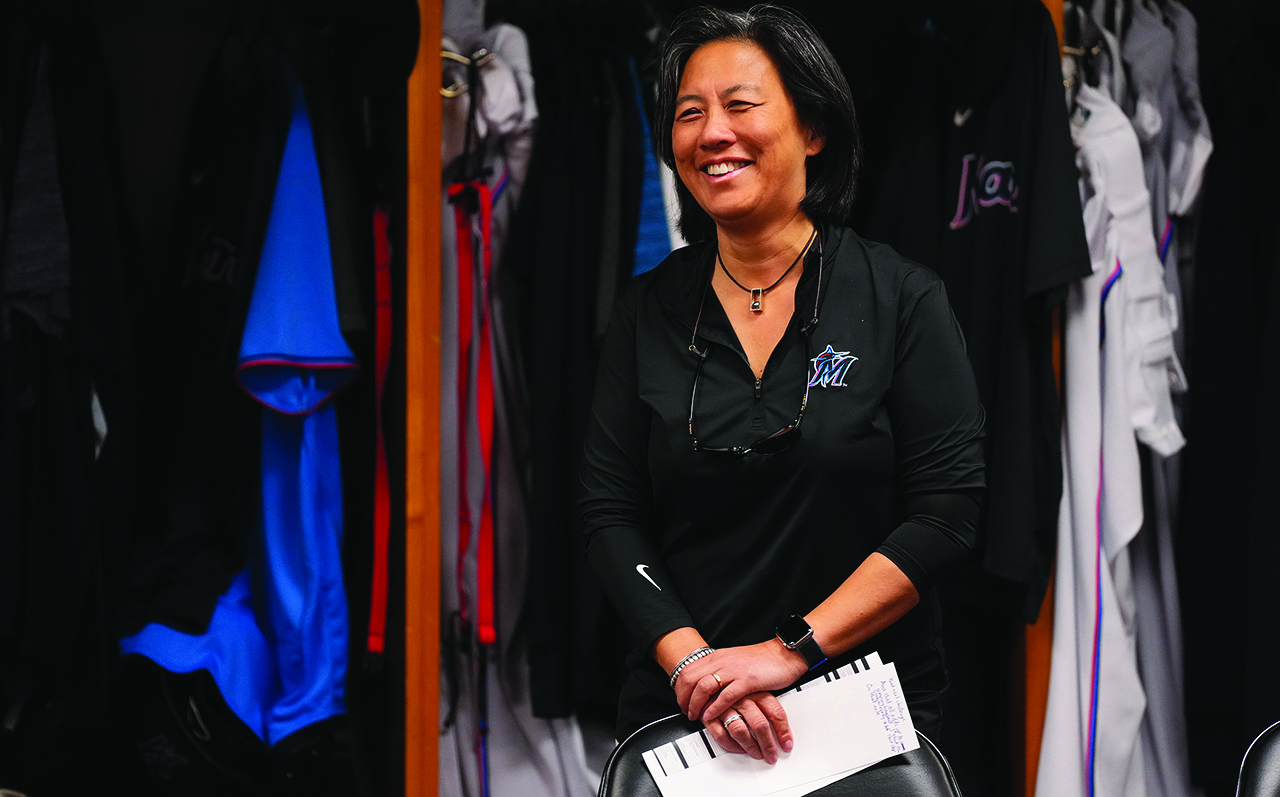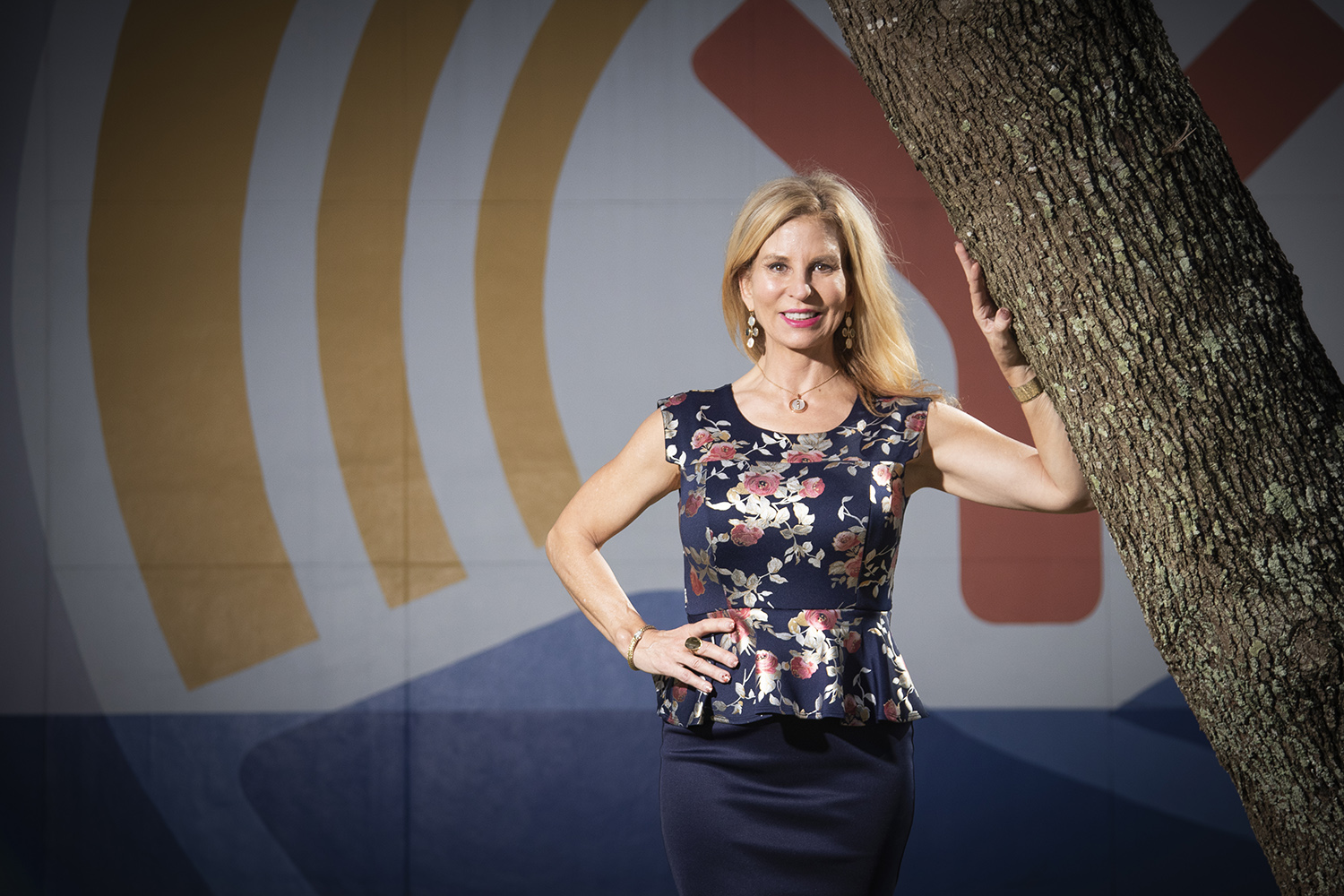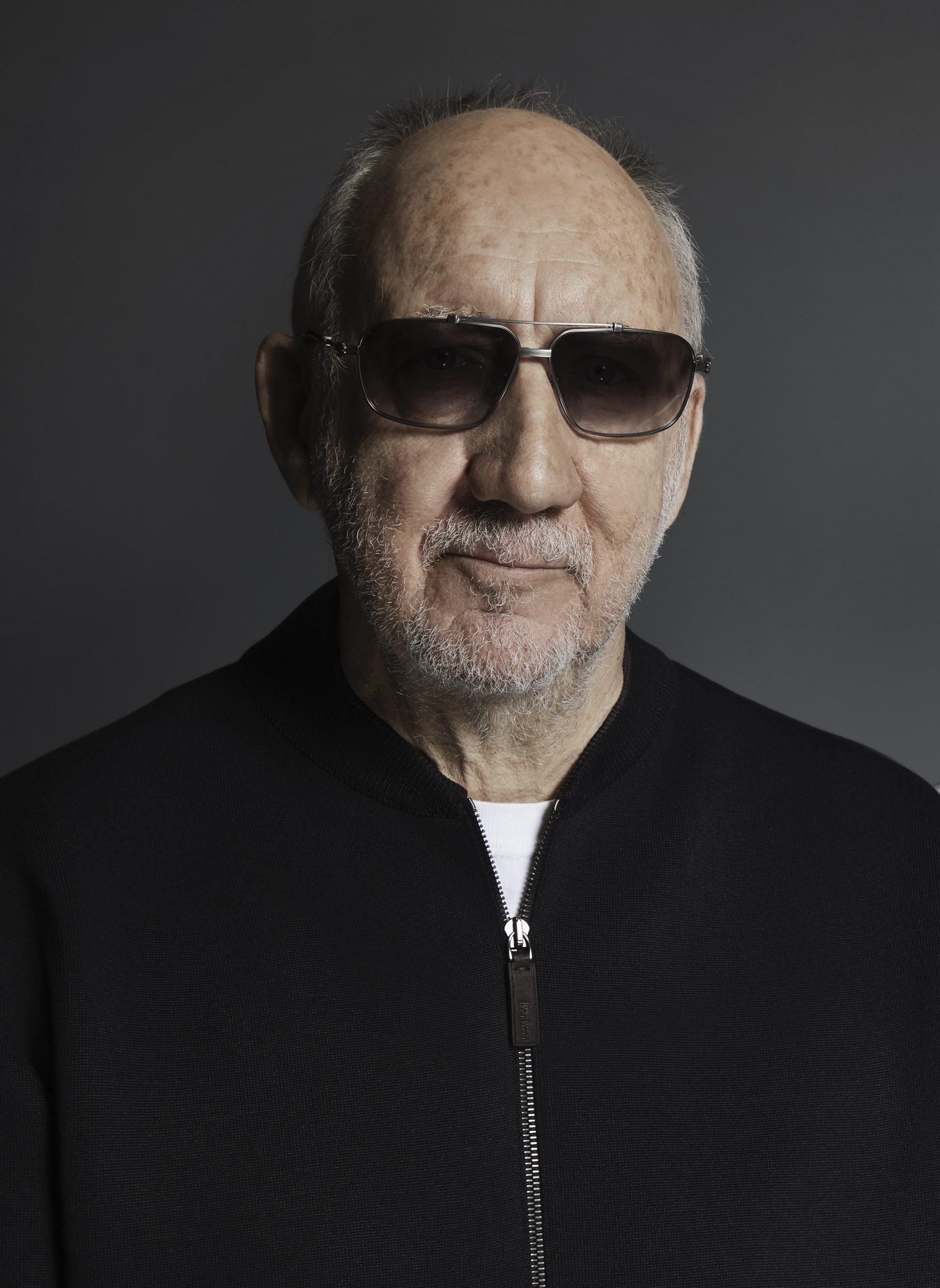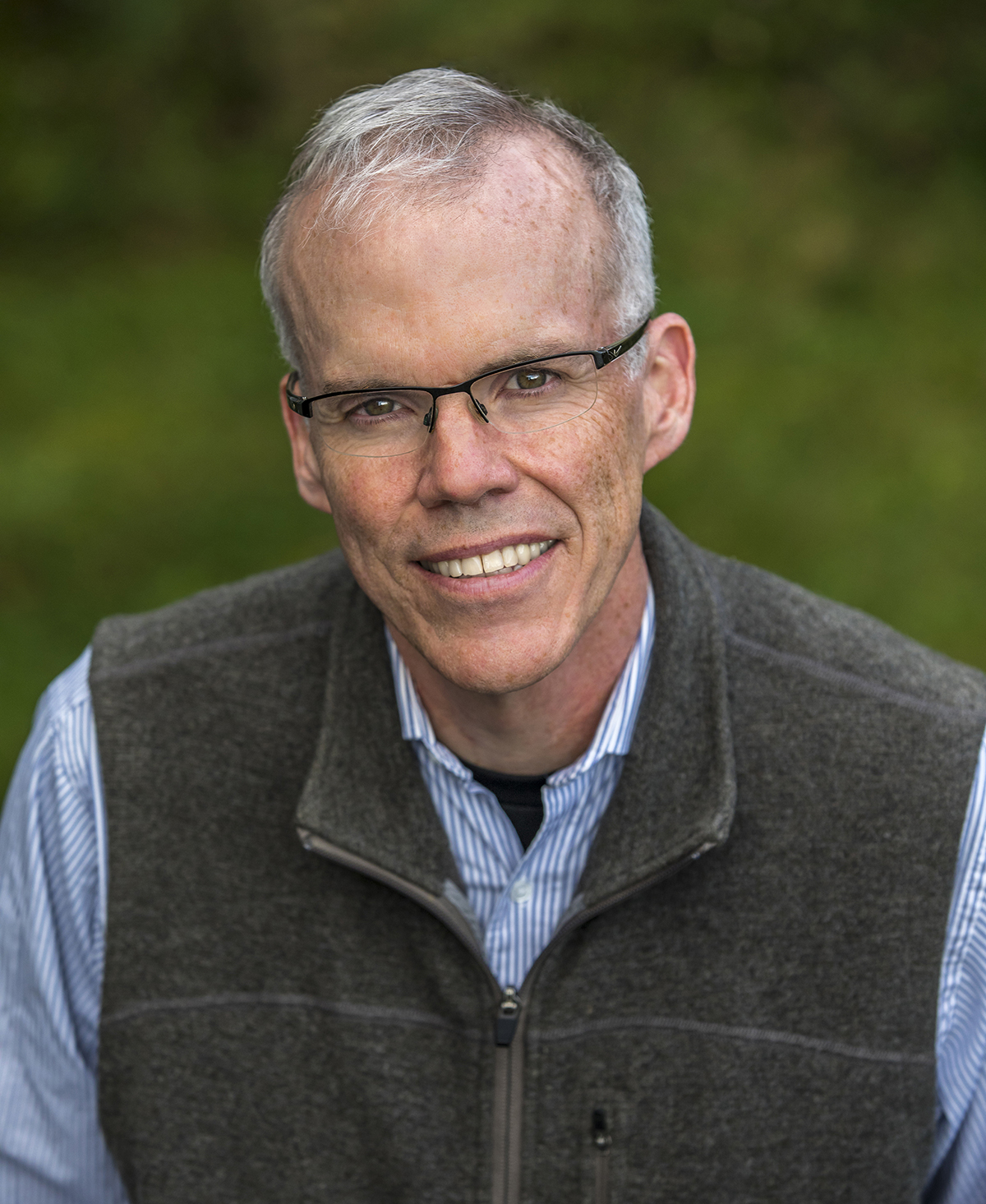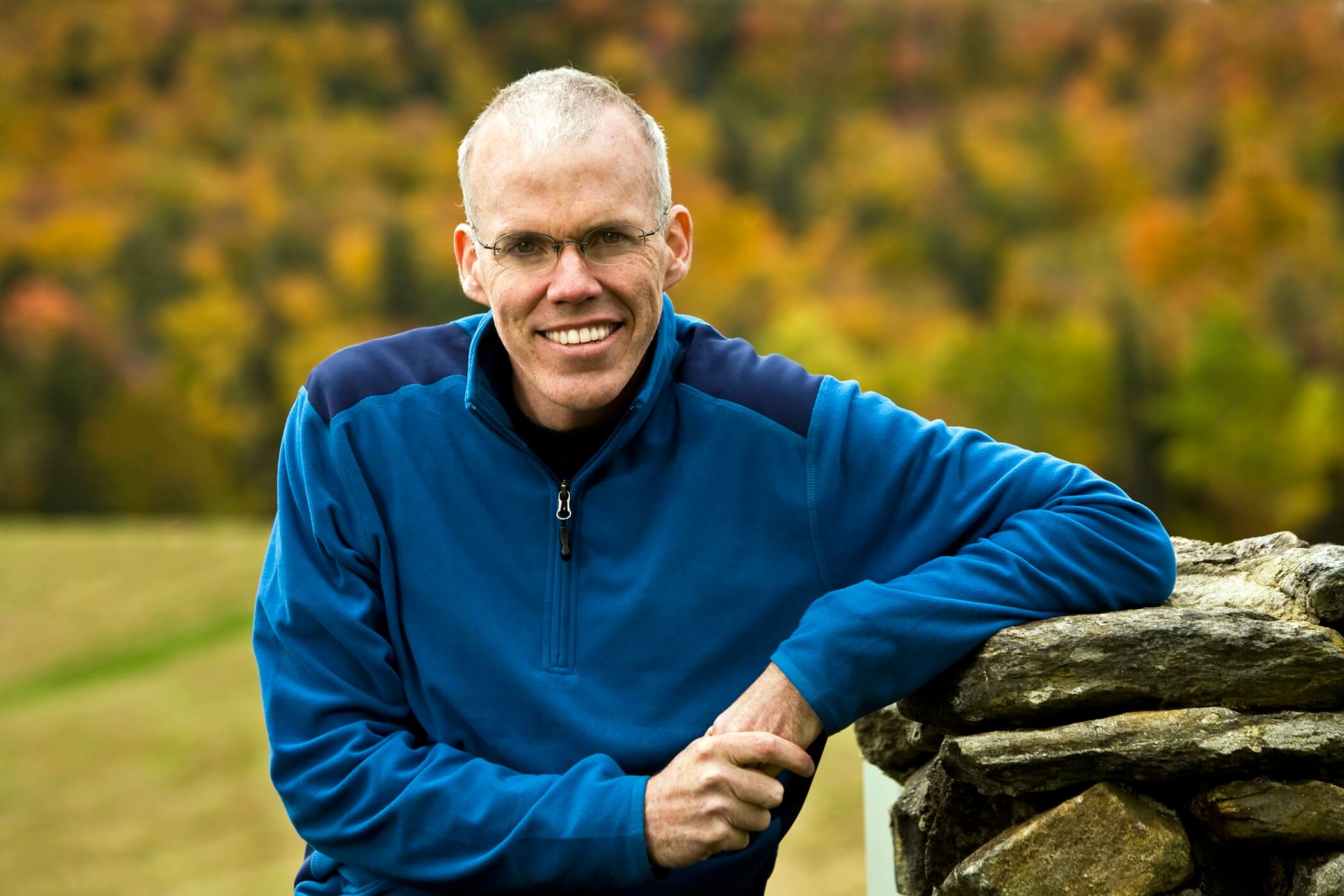For a little more than 50 years, House of Hope has helped those trying to rebuild their lives of those suffering from mental illness and substance abuse. As CEO Sue Glasscock puts it, the Fort Lauderdale-based organization helps to “build the whole person back up.”
“Our goal is to bring in people, who are often at their lowest point, to help them to deal with the addiction that they have, to teach them the skills that will enable them to move forward with their sobriety,” she says.
At separate campuses for men and women, services include weekly family groups, parenting classes and vocational training. But the COVID-19 pandemic has upended the lives of those aided by these services, especially for those in its residential treatment program. While staff have had to make changes in their approach, Glasscock has seen some of the bright spots in the temporary pause.
“I think for us, we had to scramble a little bit initially when the pandemic happened, but I do feel it’s going to be beneficial to us in the long run, which makes it a little easier to go through,” she says.
Glasscock spoke to Lifestyle to learn about those possible long-run benefits as well as how residents are coping with social distancing.
How has the pandemic lockdown affected House of Hope and its residents?
We have stopped doing intake, so that we can protect the people that we currently have and our staff. So we are on a temporary hold of bringing new people in, which certainly impacts the whole community. We’re in meetings on a weekly basis to kind of talk about how we can move people through the system.
I think that this pandemic has been stressful for everybody to some degree, and I think some people can identify that. For a person who suffers from addiction and/or a mental illness, they’re kind of right at that line all the time and a little bit of stress can toss them over it very quickly. … We’ve had to stop allowing visitations with family members. We’re doing that electronically right now.
These men and women are here away from their families, with people who they wouldn’t necessarily pick to be around and they haven’t been able to do a lot. What we’ve tried to do to address that is have activities going on, trying to keep people busy, doing extra therapy to help them address some of the anxiety that they’re suffering from.
Our numbers are dropping, which is going to be a financial impact for us; we get paid for a person who is occupying a bed. We’ve had four staff who’ve been tested for COVID-19. All have come back negative. But we’re taking temperatures when people come to work; we’re all wearing masks. We’ve had to change everything we do about the way we do it, trying to help [the residents] get the skills they need for the future. But, honestly, sometimes you have to just step back and say, “How do we deal with today?” … We’re trying to keep everybody sane and healthy and reasonably happy within the confines of self-quarantining, which everybody in the world is dealing with right now.
What are some positive and encouraging things you’ve seen at House of Hope during this time?
I think this has shown me how resilient people can be. On any given day, if you come here, there are people struggling with things that we may not personally understand. It’s that kind of place where there’s significant introspection and change in decisions that are made. I also see that the clients come together as a community. For example, when we have a hurricane, it’s the same way: if we need help, they jump right in. They want to be a part of it. It’s nice to see that they want to help the organization to help them. It’s interesting because they keep talking about the “new normal,” and I think once this is over, we will look back at some of the things that we did here that were a little bit off our normal, and see if it makes sense to keep them. Some of it we’re finding is working well. … There’s always a sense of community here, and I think that that comes through more than ever.
What are some of the ways that you think House of Hope will change because of this experience?
I think that we may be able to have a more holistic approach than we had previously. You get in the habit of doing things a certain way, and we felt like we were doing it the right way. This is giving us a chance to step back, and to do something more nontraditional. For example, if you have a cooking class, and we see that people are getting into it. Some of those things that we introduced almost as an activity to keep people busy, we’re seeing the impact of it and it’s very positive. So I think we will come back and add some of the extracurricular activities that we’ve been doing as part of the core program.
We’ve certainly done a lot of arts and crafts, which can be therapeutic. We’ve utilized mindfulness more than I think we had before where we have clients engage in, for example, adult coloring books. We’re trying to teach [residents] how to slow down, how to look at their lives, how to sit with their issues—which is a very difficult thing to do. We have additional yoga classes and videos that we show, and everybody’s engaged in that.
And I think as an organization, we’ve certainly seen the use of technology in ways that we hadn’t done in the past. I think there will definitely be some changes as far as that goes. … It gives us more options than we thought we had before.
What are some of the ways that the community can support House of Hope during this time?
We have had people reach out and an offer to make masks for our clients. We are always looking for people who could volunteer. We’re always looking for board members who can come on and provide governance for the organization. We have a wish list online, and we are always looking for people to take items off our wish list if that’s possible. And monetary donations of any amount are always a tremendous help. We’ve had to purchase thousands of dollars worth of items [such as personal protective equipment] to help us get through this process. That, coupled with the fact that our population has shrunk, does definitely [give us] issues to try to balance the budget, so we have gone out to some of our supporters to ask for support. The generosity of other people always amazes me, and I think that people will help to bridge that gap.



